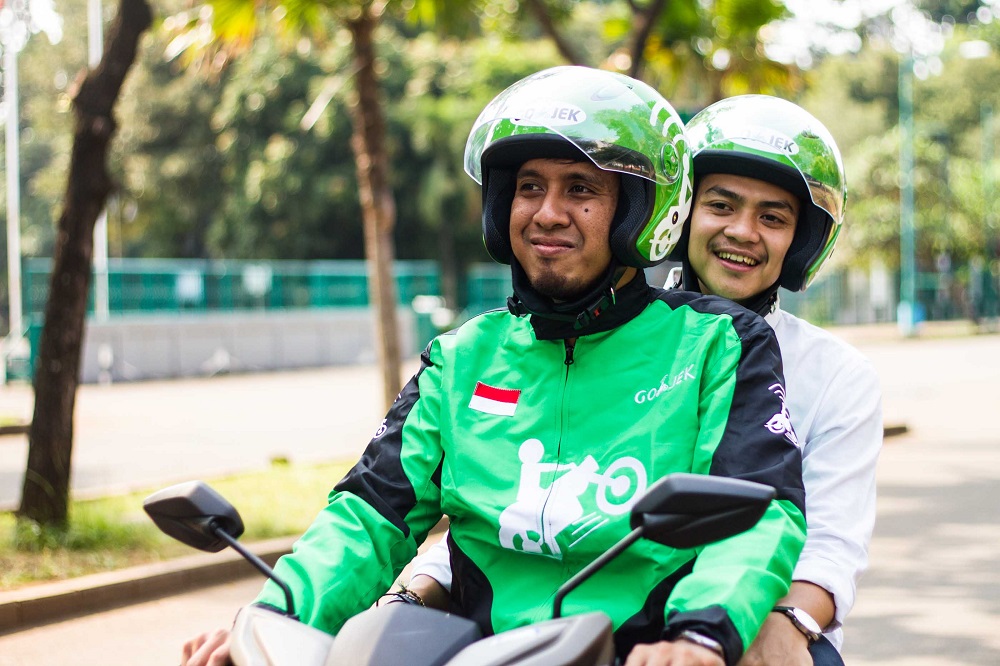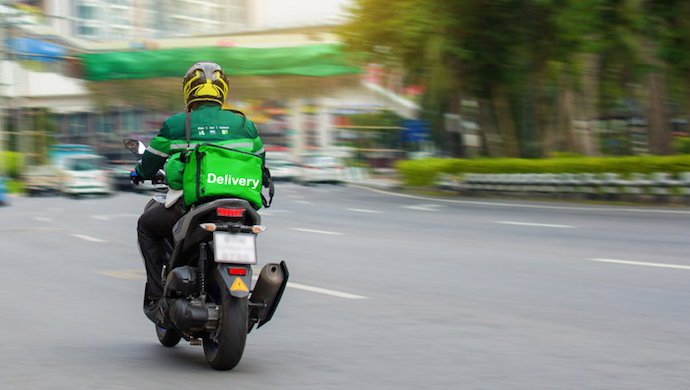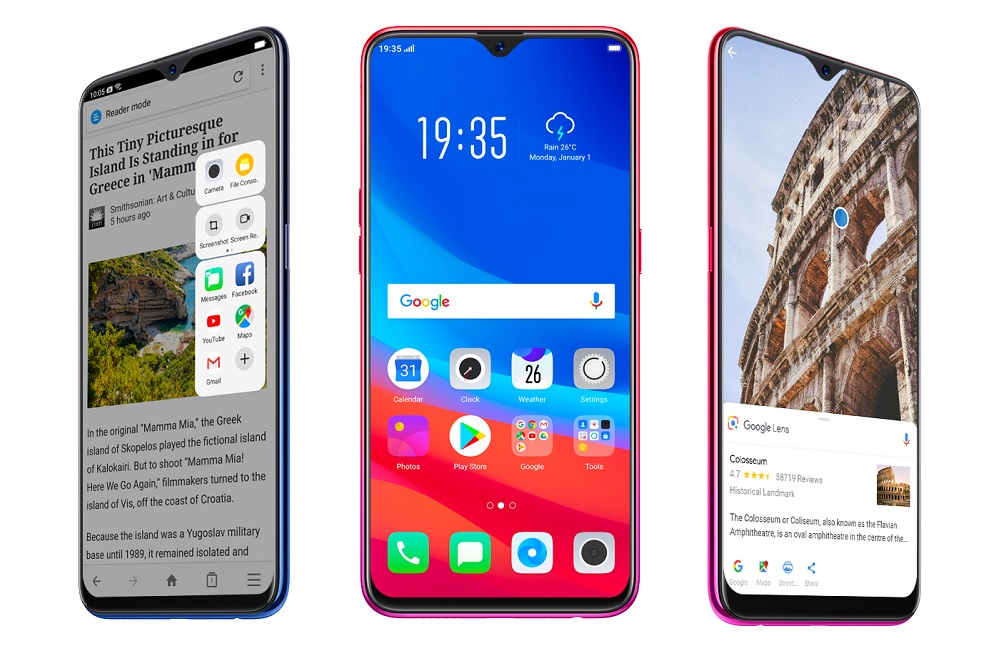Go-Jek becomes a regional spotlight this year due to its strategic expansion to SEA countries. They currently reported to begin its service in Vietnam as GO-VIET and in Thailand (soon to be available for public) as GET. In the Philippines, the local media has reported GO-JEK to begin exploring business potential by applying for a license and preparing local entity.
Quoted from Entrepreneur Philippines, a member of Land Transportation Franchising and Regulatory Board (LTFRB), Aileen Lizada, confirmed that GO-JEK was applying for a temporary license to perform services in the Philippines, although yet to have an accreditation by LTFRB.
The past few months, the rumor of Go-Jek entering Philippines is all over the news. Grab domination in the Philippines needs a competitor and GO-JEK is said to be the ideal one after Uber left Southeast Asia.
However, GO-JEK’s journey to enter Philippines market has come to two issues. First, the Philippine wants to protect local startups and regulation (for two-wheeler public transport) which haven’t been allowed as ride-hailing vehicles.
GoLag, HirNa, Hype, MiCab, OWTO, and U-Hop are local startups engaged in the same industry or segment as Grab and GO-JEK. Lizada said, GO-JEK is too big and capable to decimate Philippines’ local online transportation services.
Later, if GO-JEK starts its services in the Philippines, the LTFRB regulations will be something in the way because it only allows cars, such as SUV (Sports Utility Vehicles), and AUV (Asian Utility Vehicles) for ride-hailing.
–
Original article is in Indonesian, translated by Kristin Siagian













